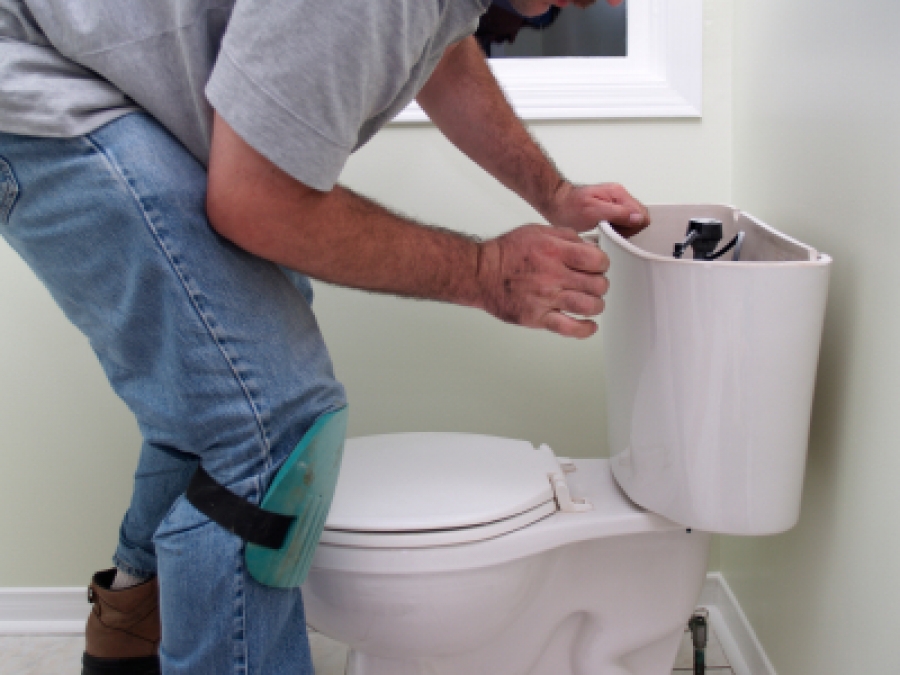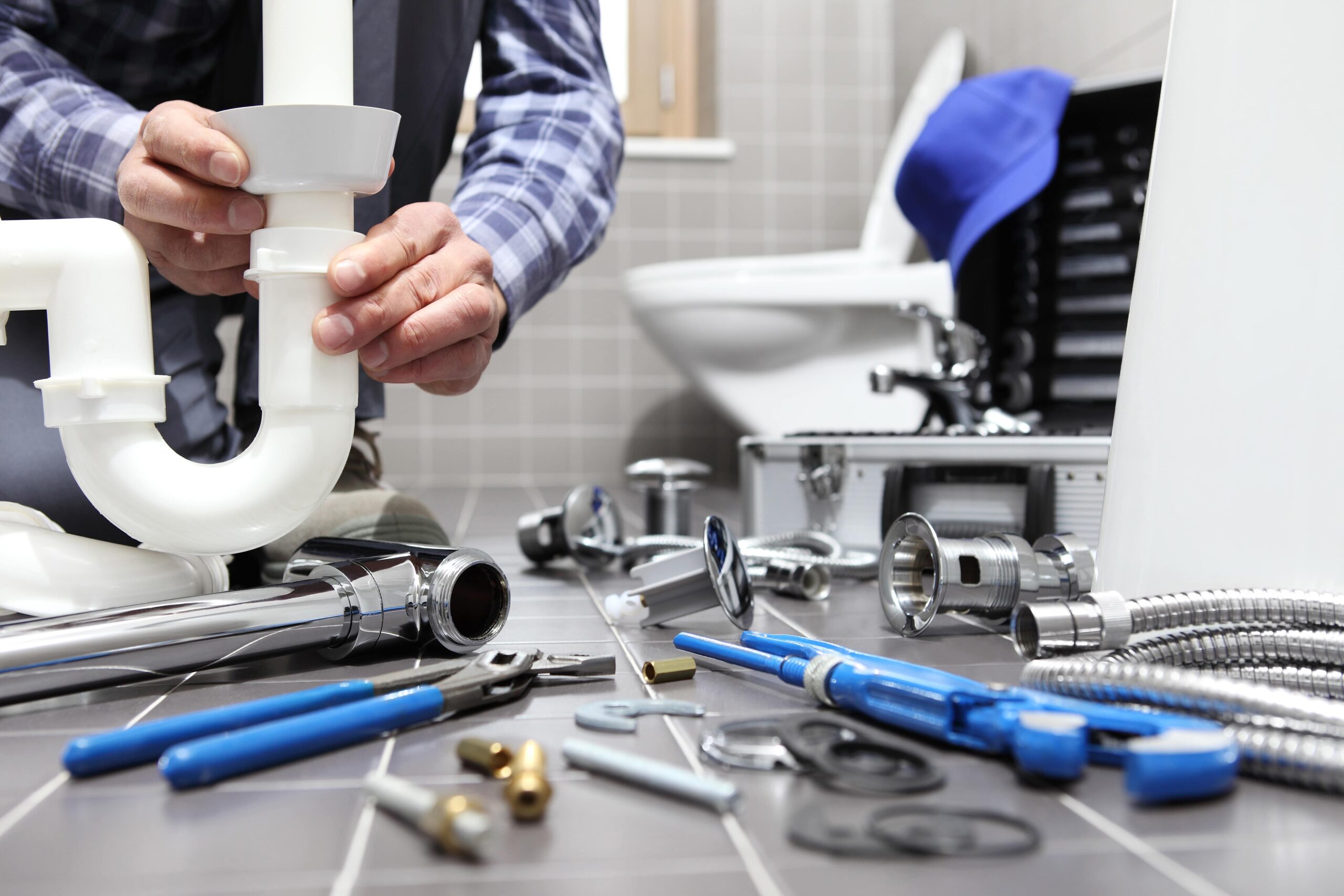The 5 Reiterative Water Leak Factors
The 5 Reiterative Water Leak Factors
Blog Article
The article author is making a few good annotation relating to How to Find and Prevent Water Leaks in Your Home in general in this great article further down.

"Beware of little expenses. A tiny leak will sink a wonderful ship." - Benjamin Franklin.
He could not have actually been more ideal since water leakages in our homes cause a waste of sources, enhancing our water expenses. Although this rise could appear minimal in the beginning, it can result in substantial expenses that can break your financial institution. Besides a boost in bills, water leakages also cause undesirable organic growth, architectural damages, and even electrical threats.
If you have a water leak isn't always very easy due to being incapable to see many of the pipework in your home, figuring out. Nevertheless, If you have had an increase in your water costs recently, observed water discolorations on walls and ceilings, scented poor smell, etc. You could intend to take into consideration requesting plumbing solutions to get it had a look at.
There are a number of reasons for water leaks, and we have assembled the usual factors listed below. Examine to see if you have actually had related issues in your home lately.
Weakened pipeline joints
Pipeline joints are the parts of our plumbing system where the pipes attach. It is crucial to note that even though pipelines are made to withstand pressure and last for a while, they weren't designed to last forever; consequently, they would wear away over time. An usual indication of damaged pipeline joints is extreme sound from taps.
High water stress
You saw your home water stress is greater than usual but then, why should you care? It's out of your control.
It would be best if you cared due to the fact that your ordinary water pressure must be 60 Psi (per square inch) as well as although your home's plumbing system is developed to withstand 80 Psi. An increase in water pressure can put a stress on your house pipelines and lead to splits, or worse, ruptured pipelines. If you ever see that your home water stress is more than normal, get in touch with an expert concerning regulating it.
Corrosion
As your pipework grows older, it obtains weak and also more prone to rust after the constant flow of water via them, which can gnaw at pipelines as well as cause cracks. A noticeable indication of rust in your house plumbing system is discoloration and also although this might be difficult to find because of a lot of pipes hidden away. We advise doing a frequent appointment every couple of years as well as change pipelines once they are old to guarantee a sound plumbing system
Obstructed drains
Food bits, dirt, and oil can trigger blocked drains pipes and block the passage of water in and out of your sink. If undealt with, boosted pressure within the seamless gutters can create an overflow and end up splitting or rupturing pipes. To stay clear of clogged up drains in your home, we advise you to prevent pouring particles down the drain and normal cleaning of sinks.
Broken seals
An additional source of water leaks in houses is broken seals of house appliances that make use of water, e.g., a dishwasher. When such appliances are mounted, seals are set up around water connectors for very easy flow of water with the device. A busted seal can cause leakage of water when in usage.
With little or no understanding of plumbing, comprehending your home's plumbing system sufficient to fix a few of these issues (without consequence) can be a problem. Connect with plumbing experts in Pittsburgh, Providence, Rochester, and environ today, and also they'll make those problems disappear.
He couldn't have been extra right since water leakages in our houses result in a waste of sources, boosting our water bills. If you have had a boost in your water expenses recently, observed water stains on ceilings and also wall surfaces, smelt lousy odor, etc. A boost in water pressure can place a strain on your house pipes as well as lead to fractures, or even worse, burst pipelines. One more reason of water leaks in homes is damaged seals of home appliances that use water, e.g., a dishwashing machine. When such devices are set up, seals are set up around water adapters for easy flow of water through the equipment.
5 TIPS IN DETECTING A WATER LEAK IN YOUR HOUSE
Water leaks can be hard to find in your home, yet they can be so common. We rely on water every day in our home, which is why a leak can cause big problems. By detecting them early, you can save money and further damage, getting the problem fixed as soon as possible. Here are 5 tips to help you detect a water leak in your home, so you can contact a plumber straight away and get the issue sorted.
Check your water meter
Many people underestimate the value of the water meter in their home. It can be one of the best ways to tell if you have a leak early on, so you can get on top of it before issues start arising. Start by turning off all the water in your home: taps, washing machine, dishwasher, etc. Now take a look at the meter – if it’s still changing with everything turned off, it’s likely you have a fast-flowing leak that you need to get on top of straight away. If nothing changes, then leave your meter for an hour or two and come back to it. Did it change in this time? It’s likely you have a slower leak, which isn’t as urgent but still handy to get fixed so it doesn’t become a bigger problem.
Keep an eye on your bill
Another good way to detect a leak in your home is by keeping an eye on your water bill. It helps if you have a past bill from the same period of time. You can compare like for like and determine whether your water usage has increased significantly. If it has, there may be a leak in your system that you haven’t picked up before. A professional plumber can check through all of your pipes and determine where it is coming from.
Look for damage
If you have a leak inside your home, you will notice damage over time. Take a look at your showers and bathtubs and note whether any of the tiles surrounding the area seem to be discoloured or damaged in any way. There may be water stains, mould or peeling material that has resulted from a build up of moisture over time. Make sure you take a look under sinks at the back of cupboards that don’t get accessed regularly. This is where damage can go unnoticed and build up over periods of time.

As an avid person who reads on How to Find and Prevent Water Leaks in Your Home, I imagined sharing that chunk was a good thing. Please take a moment to share this blog posting if you liked it. I recognize the value of reading our article about Common Causes of Water Leaks in the Home.
Top service? Dial now. Report this page